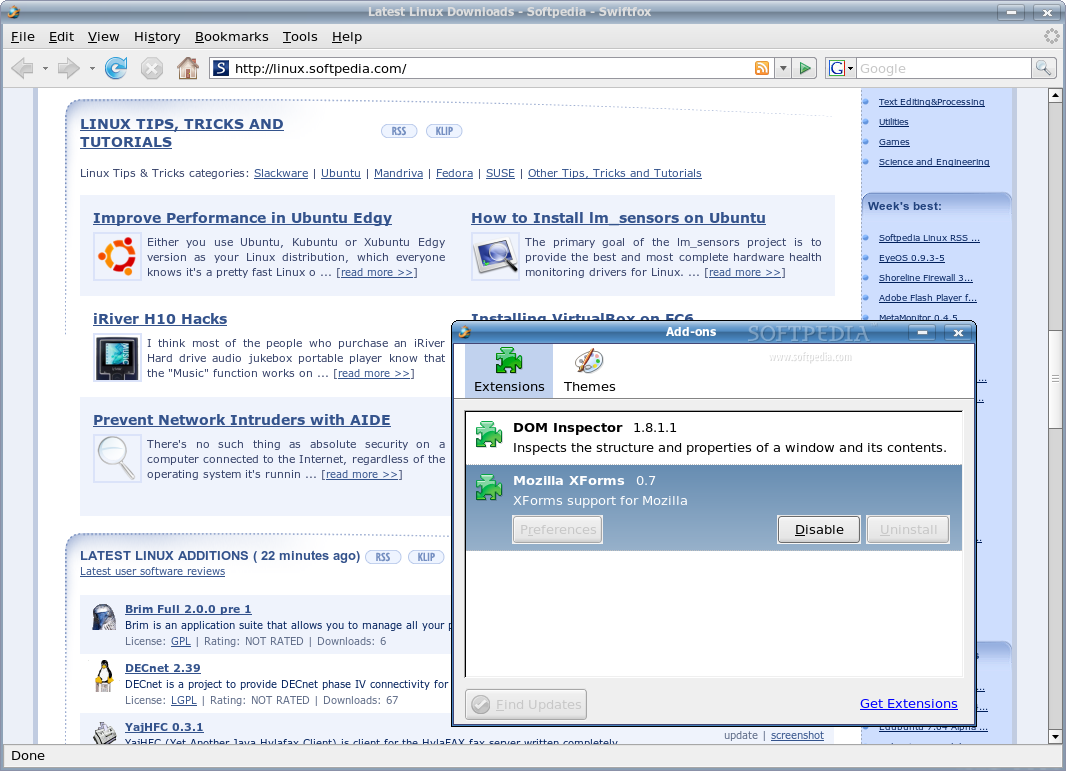
Updated typical usage to show a correct example! (thanks David!)Īdded support for the iPod added iPod and iPhone as platforms added Google’s AndroidĪdded support for GoogleBot, the W3C Validator and Yahoo! Slurp Removed an unused constant and renamed the constructor to use the PHP magic method _construct (thanks to Robin for locating the legacy constant and suggesting the use of the magic method). Typical Usage: $browser = new Browser () if ( $browser -> getBrowser () = Browser :: BROWSER_FIREFOX & $browser -> getVersion () >= 2 ) W3C’s Validator Browser::BROWSER_W3CVALIDATOR.Google’s Chrome Browser::BROWSER_CHROME.
#Omniweb private browsing android#
Google’s Android Browser::BROWSER_ANDROID.


I do agree 100% with Gary about the readability however, there are realistic reasons to desire the user’s browser and browser version and if your visitor is not echoing a false user agent we can take an educated guess. Searching for a way to do this at the PHP layer and not at the client layer was more of a challenge than I would have guessed the only script available was written by Gary White and Gary no longer maintains this script because of reliability. Because we all know how great IE6 supports PNG files it was necessary for us to tell our users the lack of power their browser has in a kind way. In an active project of mine we have a pretty graphically intensive and visually appealing user interface which leverages a lot of transparent PNG files. Not a great idea on a large scale public site but on a private application this type of check can be helpful.
#Omniweb private browsing upgrade#
With the browser type and version you can notify users about challenges they may experience and suggest they upgrade before using such application. Browser.php – Detecting a user’s browser from PHPĭetecting the user’s browser type and version is helpful in web applications that harness some of the newer bleeding edge concepts.


 0 kommentar(er)
0 kommentar(er)
